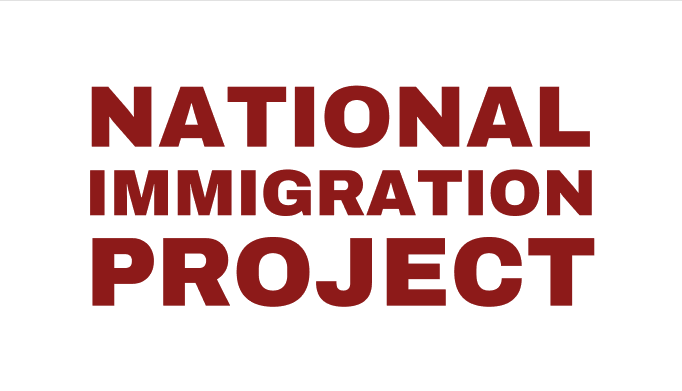For Immediate Release
June 5, 2023
Contact:
media@nipnlg.org
Washington, D.C. —In light of the Biden Administration’s new asylum restrictions, which render most asylum seekers ineligible for asylum if they did not seek asylum in a third country en route to the border, 143 non-Indigenous allies delivered a letter last week urging the Department of Homeland Security (DHS) to provide full access to the asylum process for Indigenous Peoples.
The Biden Administration has taken drastic steps to limit access to lawfully apply for asylum at the border while simultaneously expanding “lawful pathways” to seek asylum in the United States. However, the administration has failed to consider the near-complete lack of access to those lawful pathways for Indigenous Peoples. Most asylum seekers approaching the U.S.-Mexico border must now attempt to make an advance appointment with Customs and Border Protection (CBP) using a smart phone application known as CBP One. Using this app is an impossible task for many Indigenous language speakers, since the app is only available in English, Spanish, and Haitian Creole and a high percentage of Indigenous Peoples are unable to read or write in any language.
The letter, written by the National Immigration Project (NIPNLG) with the support of the International Mayan League, calls for:
- Indigenous Peoples to not be subject to Biden’s Asylum Ban for failure to seek asylum in a transit country;
- Indigenous Peoples to be exempted from the CBP One app, and for a clear process to be in place to allow them to present themselves and self-identity as an Indigenous person at Ports of Entry to access the full asylum system;
- the Administration to make parole readily available to the most vulnerable and not just those with the financial means and U.S. connections to qualify; and
- the government to implement the National Congress of American Indians Resolution #ABQ-19-012, which calls, among other actions, for the creation of an Indigenous Language Advisory Commission and investment in language interpretation services for Indigenous migrants.
“DHS received tens of thousands of comments in opposition to the Asylum Ban, including comments from Indigenous-led organizations warning that the new rule, even when paired with some new lawful pathways to asylum, would shut out Indigenous asylum seekers,” said Victoria Neilson, a supervising attorney at the National Immigration Project. “That is precisely what we are seeing today. We urge DHS to end the use of the Asylum Ban broadly, and short of ending the ban, to mitigate some of its worst effects by undertaking measures to ensure that Indigenous Peoples are not prohibited from seeking asylum.”
“The root drivers of Indigenous Peoples’ expulsion from our ancestral lands and territories such as state sponsored violence and persecution are causing thousands of our peoples to flee,” said Juanita Cabrera Lopez of the Maya Mam Nation and Executive Director of the International Mayan League. “Today’s migration crisis is the outcome of centuries of discriminatory laws and policies, yet Indigenous Peoples fleeing for their lives and seeking life, are the most excluded from the right to seek asylum. We urge the U.S. government to advance the promise of the United Nations Declaration on the Rights of Indigenous Peoples, and for DHS to work with Indigenous Peoples to develop viable solutions for humane border policies. Thank you to all of our allies for supporting this letter—we need everyone to push for a response rooted in dignity and human rights.”
###
